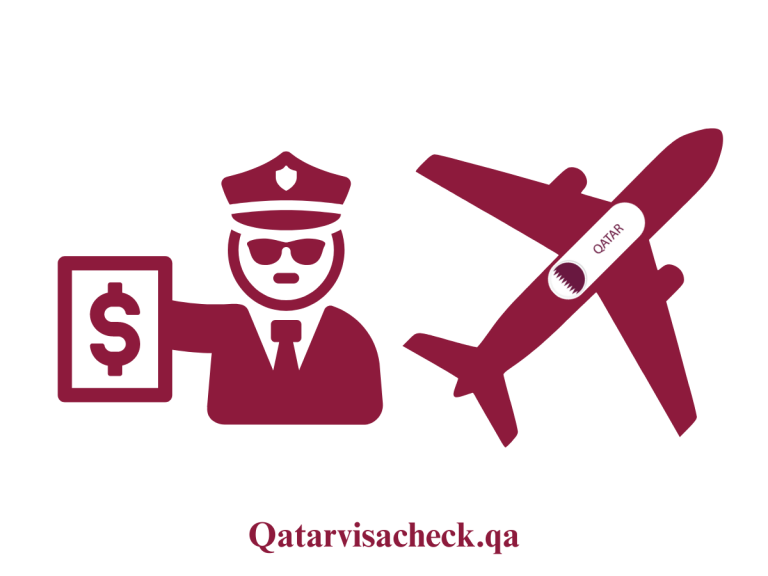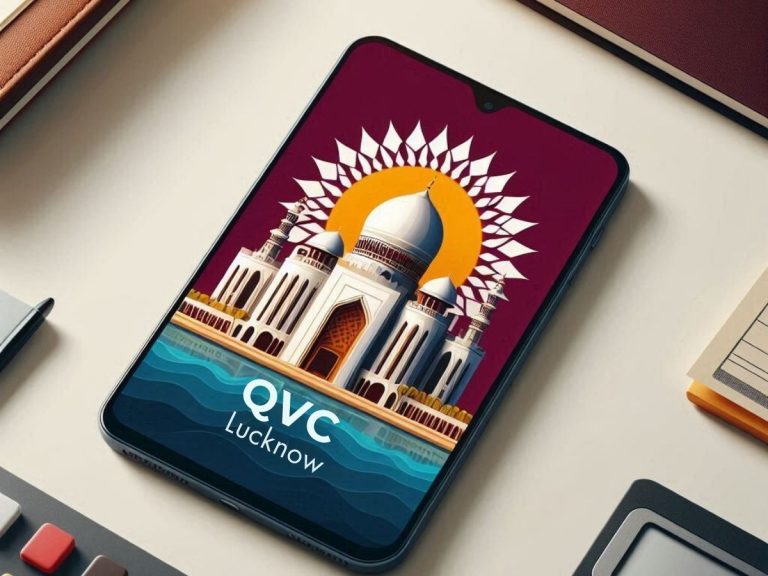Behind the Scenes in Cameroon’s Online Slot Gambling: International Networks and Modus Operandi
While often overlooked in global discussions on digital gambling, Cameroon has quietly emerged as a key node in the shadowy world of online slot operations. Beneath the surface of its growing tech infrastructure lies a complex web of international networks, local collaborators, and digital tactics that power a rapidly expanding — and largely unregulated — online slot gambling scene.
What makes Cameroon unique is not just the presence of online gambling, but the behind-the-scenes orchestration of these platforms: from local hosting to global payment routes and sophisticated marketing strategies. These operations often operate outside the law, thriving in legal gray areas and exploiting enforcement gaps in both domestic and international jurisdictions.
A Growing Underground Market
Although land-based gambling in Cameroon is officially legal and regulated under the Ministry of Territorial Administration, online gambling remains in murky legal territory. The country has no comprehensive digital gambling legislation, creating a loophole that underground operators are increasingly taking advantage of.
Over the past three years, authorities have reported a link slot surge in online gambling sites — many of them offering slot games — that are hosted locally or through mirror servers scattered across Europe and Southeast Asia. These sites often market themselves through social media platforms like Facebook and Telegram, targeting Cameroonian youth with promises of “quick wealth” and “instant payouts.”
International Networks at Work
Investigations by digital watchdog groups and cybersecurity firms suggest that many of the most active platforms operating in Cameroon are part of international gambling networks based in countries such as Cyprus, Malta, Curacao, the Philippines, and even Russia.
The typical setup follows a decentralized model:
- The software and game servers are hosted in offshore jurisdictions with lax gambling laws.
- The marketing and customer acquisition are outsourced to local affiliate agents in Cameroon, often working through WhatsApp groups and TikTok ads.
- Payments and withdrawals are routed through cryptocurrency wallets, mobile money (notably MTN Mobile Money and Orange Money), or peer-to-peer exchanges to avoid banking scrutiny.
These international networks are able to sidestep both Cameroonian law and global anti-money laundering regulations by using proxy servers, anonymous domains, and offshore business entities.
Modus Operandi: How the System Functions
- Domain Cloaking and Redirection
Operators frequently rotate domain names and use cloaking scripts to avoid detection. Users accessing a public landing page may be redirected to different mirror sites depending on their IP address or device type. - Affiliate-Driven User Acquisition
Local promoters earn commissions by referring players through unique tracking links. These affiliates are incentivized to increase player deposits and often use fake testimonials or doctored screenshots of big wins. - Untraceable Payment Systems
Deposits are encouraged through crypto wallets like USDT (Tether) or mobile money accounts under fake names. Some platforms even allow users to gamble with mobile phone credit, adding another layer of opacity. - Predatory Game Design
Slot games are often unregulated copies of licensed titles, designed to exploit behavioral triggers such as near-misses, bright animations, and rapid play cycles — increasing user addiction and retention. - Lack of Dispute Resolution
Players who lose money unfairly or experience payout delays have little recourse. Customer support is usually anonymous, unverified, and often disappears if confronted with legal threats or bad publicity.
Law Enforcement Struggles to Keep Up
Cameroonian cybercrime units face multiple obstacles in tackling this underground economy. A lack of technical expertise, limited cooperation from ISPs, and insufficient legislation all contribute to the enforcement vacuum.
“We are sbobet seeing more and more young people fall into debt due to these games,” said Inspector Benoît Nkwain, a cybersecurity official in Yaoundé. “But because the servers and transactions are offshore, our hands are often tied.”
Efforts to block websites have proven ineffective due to the rapid domain-switching strategies used by operators. Moreover, with mobile money and crypto being widely accepted and difficult to trace, financial surveillance tools remain limited.
Conclusion: A Crisis in the Shadows
Cameroon’s online slot gambling scene remains hidden in plain sight — a sophisticated underground industry powered by global networks and driven by local demand. Without swift regulatory intervention and international cooperation, the situation risks spiraling into a larger public health and financial crisis.
The government faces a tough decision: continue to ignore the problem and risk deeper social damage, or confront the shadow economy head-on with a clear legal framework and digital enforcement strategy. For now, the slot machines may be virtual, but the consequences in Cameroon are all too real.

Ammara Abdullah is an experienced writer and editor specializing in technology and digital trends. With over 5 years of experience, she produces insightful articles on emerging tech, consumer electronics, and digital culture. Ammara holds a degree in journalism and is passionate about making complex topics accessible to readers.





